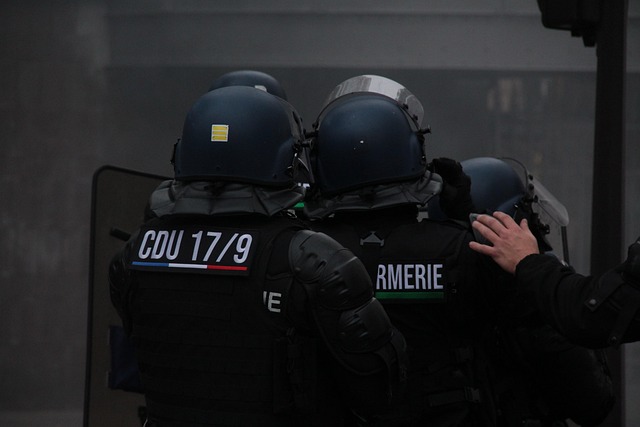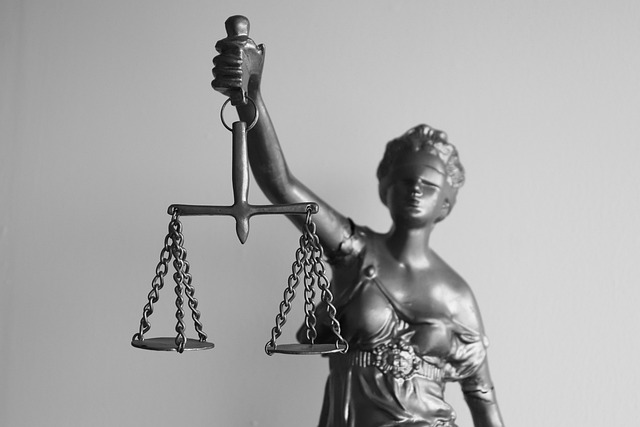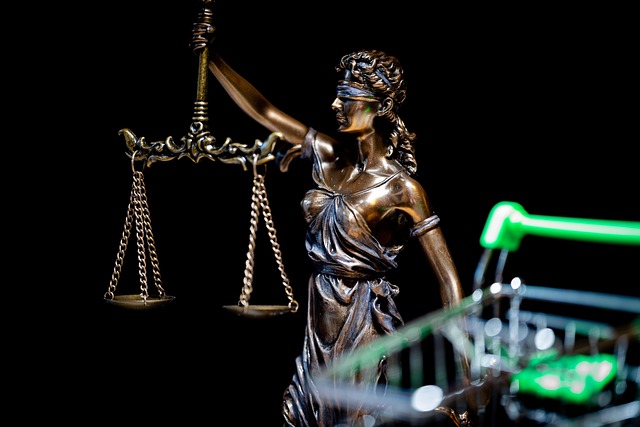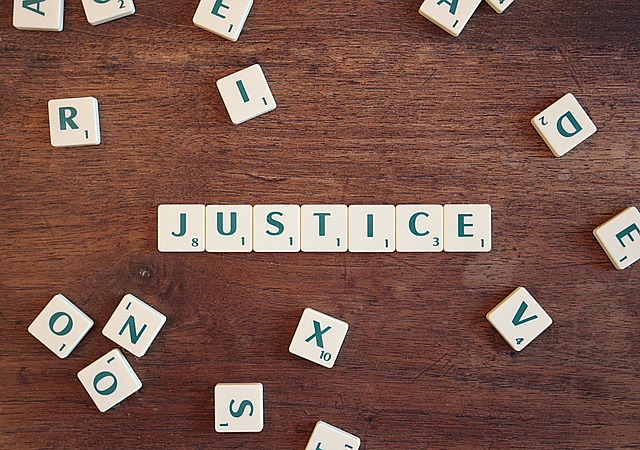Public corruption charges, from bribery to abuse of office, carry significant legal weight. Understanding these complexities is crucial for navigating consequences and resolving breach of contract disputes in public projects. This involves examining agreements, KPIs, and identifying issues like delays or non-compliance. Strategic planning includes negotiation, mediation, and litigation with robust documentation. Alternative dispute resolution methods like mediation and arbitration offer faster, less adversarial solutions. Preventing corruption charges requires transparent contracts, regular audits, conflict-of-interest disclosure systems, and swift investigation frameworks.
“Uncovering and understanding public corruption charges is essential for navigating the intricate web of legal implications. This article guides you through the process, offering insights into ‘How to Resolve Breach of Contract Disputes’ in public projects. From defining public corruption to identifying contract breaches in various scenarios, we explore effective dispute resolution strategies. Additionally, we highlight preventive measures to enhance transparency and accountability, ensuring a robust framework for managing contracts ethically.”
- Understanding Public Corruption Charges: Definitions and Legal Implications
- Identifying Breach of Contract in Public Projects: Common Scenarios
- Dispute Resolution Strategies: Navigating Legal Options
- Preventive Measures: Ensuring Transparency and Accountability in Contracts
Understanding Public Corruption Charges: Definitions and Legal Implications

Public corruption charges are serious allegations that involve the misuse of power and public resources for personal gain or to influence decision-making processes. These charges encompass a range of illegal activities, from bribery and embezzlement to fraud and abuse of office. Understanding the legal implications of these charges is crucial in navigating potential consequences and how to resolve breach of contract disputes that may arise.
When facing public corruption accusations, individuals and organizations must be aware of their rights and the complexities of the legal system. Jury trials play a significant role in determining guilt or innocence, offering a transparent and democratic approach to justice. A winning challenging defense verdict can lead to the complete dismissal of all charges, ensuring the protection of one’s reputation and legal interests. However, building a strong defense requires meticulous preparation, evidence gathering, and strategic legal arguments to counter the prosecution’s case.
Identifying Breach of Contract in Public Projects: Common Scenarios

Identifying a breach of contract in public projects often involves scrutinizing agreements and understanding key performance indicators (KPIs). Common scenarios include delays that exceed agreed-upon timelines, significant deviations from specified project plans, or instances where deliverables do not meet established standards. For instance, a construction project might be deemed compromised if the builder deviates from blueprints without prior approval, leading to structural integrity issues. Similarly, software development projects can face breaches when delivered products contain hidden defects or fail to meet agreed-upon functionality requirements.
Addressing these disputes requires careful analysis and strategic planning. How to Resolve Breach of Contract Disputes involves a combination of negotiation, mediation, and, if necessary, litigation. For corporate and individual clients alike, securing winning challenging defense verdicts demands robust documentation, meticulous record-keeping, and a deep understanding of contractual obligations. Ultimately, the goal is to achieve complete dismissal of all charges, ensuring that justice is served while protecting the interests of all parties involved.
Dispute Resolution Strategies: Navigating Legal Options

When facing public corruption charges, understanding dispute resolution strategies is paramount. One common approach for resolving breach of contract disputes—which often underlie corruption allegations—involves mediation and arbitration. These alternative methods offer advantages over traditional jury trials, as they can be more cost-effective, faster, and less adversarial. By engaging in these processes, corporate and individual clients alike can achieve extraordinary results without the extensive legal fees and public scrutiny associated with court battles.
Mediation facilitates open communication between all parties, allowing for mutually agreeable solutions. Arbitration, on the other hand, provides a more structured forum where an impartial third party, or arbitrator, makes a binding decision. Both approaches encourage cooperation, enabling stakeholders to preserve relationships and potentially avoid the legal complexities and uncertainties of litigation. Ultimately, these dispute resolution strategies can help navigate challenging situations, ensuring that justice is served while minimizing long-term negative impacts.
Preventive Measures: Ensuring Transparency and Accountability in Contracts

Preventive measures are key to combating public corruption charges. One effective strategy is enhancing transparency and accountability in contracts. This involves clear, detailed agreements that specify all terms and conditions, with provisions for regular audits and monitoring. By ensuring every aspect of a contract is transparent, it becomes easier to detect any discrepancies or unethical practices.
Additionally, establishing robust systems for conflict-of-interest disclosure can help resolve breach of contract disputes among both corporate and individual clients across the country. These measures not only promote integrity but also equip stakeholders with tools to navigate potential legal issues. In cases of suspected corruption, a solid framework facilitating swift investigation and resolution of contract breaches is vital, supporting general criminal defense strategies for those involved.
Public corruption charges can significantly impact public contracts, making it crucial for all stakeholders to understand their rights and obligations. By grasping the definitions and legal implications of these charges, identifying common breach scenarios in public projects, and exploring dispute resolution strategies, entities can effectively navigate contract disputes. Adopting preventive measures, such as enhancing transparency and accountability, is essential to mitigating corruption risks. Armed with this knowledge, folks can foster a more robust and ethical contracting environment, ensuring that public resources are managed responsibly. To resolve breach of contract disputes, understanding these key aspects is a vital step in upholding the integrity of public projects.






